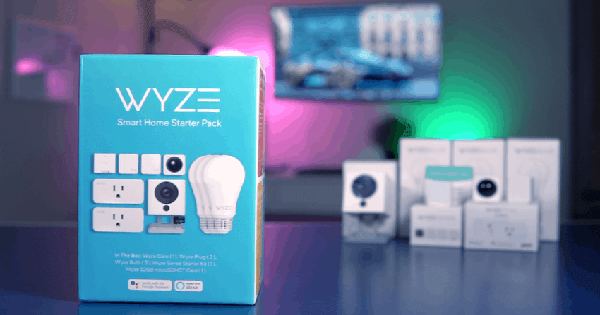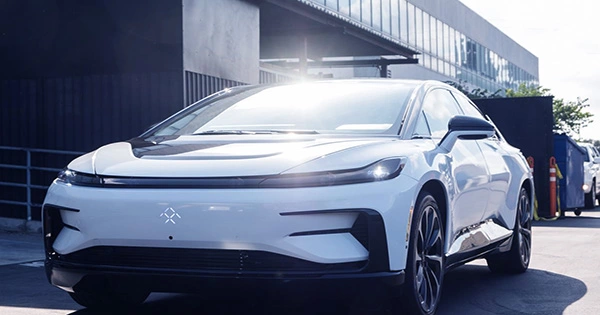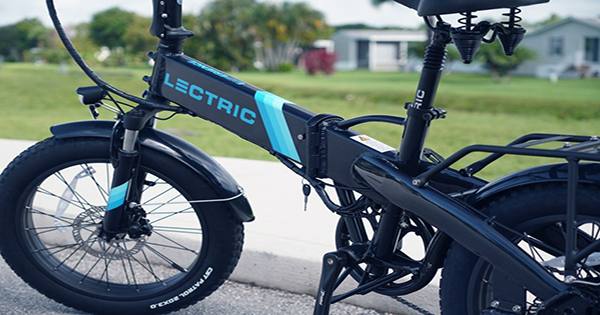I inadvertently transformed my house into a smart home a year ago. What began as a simple (and, let’s face it, lazy) way to turn off the radio in the kitchen without getting out of bed rapidly turned into a quest to remotely manage and automate as much of my home as possible. What makes a house smart? Lights, outlets, and window blinds in my house can all be controlled from my phone, whether I am at home or on the go, but you can also manage air conditioners, sprinklers, and garage door openers, or anything electronic, such as thermostats, speakers, security cameras, and so on.
You can also automate your home by adding smart home technology that detects temperature, humidity, or motion, such as turning on the lights at sunset, turning on the sprinklers when the weather is dry, turning on the air conditioning when it’s hot, or alerting you if the doors open while you’re not at home. The novelty of turning on and off your living room lights from your phone may wear off fast, but knowing that you can monitor what’s going on at home even when you’re not there — or automatically change the climate and lighting when you are — maybe reassuring.
Is this man serious, you are undoubtedly thinking? Why would I want to link even more of my home to the internet? Although the Internet of Things (IoT) hasn’t always had a good track record when it comes to security, current smart home gadgets can be certified to considerably better standards than those imposed by Big Tech behemoths like Apple, Amazon, and Google.
Though attempts to build a single safe smart home standard are paying off with Matter, a protocol backed by some of the greatest internet giants and smart home device makers, no technology is ever completely secure.
It is beneficial to join a smart home ecosystem with which you are familiar. Because I have a Mac and an iPhone, Apple’s HomeKit is the best option for me. Apple does not gather as much data as rival smart home platforms, making it a better option for privacy-conscious users. We will focus on HomeKit in this article, but most of it will apply to any ecosystem.
Google Home or Amazon Alexa, if you are an Android user, might be a better option. Many current gadgets, including newer standards like Thread, are already interoperable with various smart home systems. However, for the greatest results, choose an ecosystem and double-check that the add-ons you are purchasing are compatible. If you desire convenience or regularity — or simply like to dabble, as I do — there’s a lot you can do with what you already have, but there’s also a lot more you can do without breaking the bank.
















